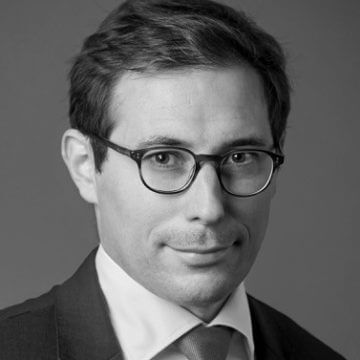In the beginning of last week, the first oral hearings in the German model case proceeding (KapMuG) against Volkswagen (VW) concerning damage claims for losses suffered by investors in the aftermath of ‘Dieselgate’ took place in the City Hall of Braunschweig. On balance, the court’s preliminary opinion on key points can be seen as a positive first holding for investors.
The parties convened at the Braunschweig City Hall to allow a broad public audience to attend the proceedings.
Around 15 lawyers appeared for VW and around 35 lawyers representing various plaintiff groups appeared in court in addition to the press.
The three presiding judges were aided by an additional judge, who was brought in to avoid the risk of procedural mistakes or discontinuation of the trial. In Germany, this has become common practice when the court expects a lengthy proceeding.
Aim of KapMuG
The three judges of the Higher Regional Court of Braunschweig (Oberlandesgericht Braunschweig) were well prepared and while it is standard practice for the court to also present its preliminary opinion on certain legal issues at this stage of KapMuG proceedings, the court presented an unusual amount of detailed considerations and preliminary findings at this early stage in a PowerPoint presentation. The aim of KapMuG is to answer so-called model questions (Feststellungsziele), which are relevant for all individual cases of investors and binding for the lower regional courts when determining the liability and the amount of damages for each individual case. After stating its preliminary legal view on certain aspects of the case, the court gave the parties the opportunity to comment on its views.
Will be VW held liable? Likelihood has increased.
On balance, the Court’s preliminary opinion on certain key aspects can be seen as positive for investors claiming damages. The judges’ main findings are in line with what we communicated to our clients when issuing proceedings. Based on the Court’s preliminary opinion, we believe the likelihood that VW will be held liable on the basis of the German Securities Trading Act (WpHG), for purchases of ordinary and preferred Volkswagen shares made from May 2014 onwards and possibly even going back to the last months of 2012, has significantly increased.
In contrast, purchases made before 10 July 2012 are either time barred under the WpHG claim regime or more difficult to prove as the underlying general tort law regime requires the satisfaction of stringent statutory requirements. Furthermore, the tort law claims do not benefit from a shift of the burden of proof which applies for WpHG claims. The court also clarified that bonds issued by VW subsidiaries or derivatives do not fall under the WpHG regime and are therefore less likely to be successful, as previously predicted.
Investors can still issue proceedings until 31 December 2018.




